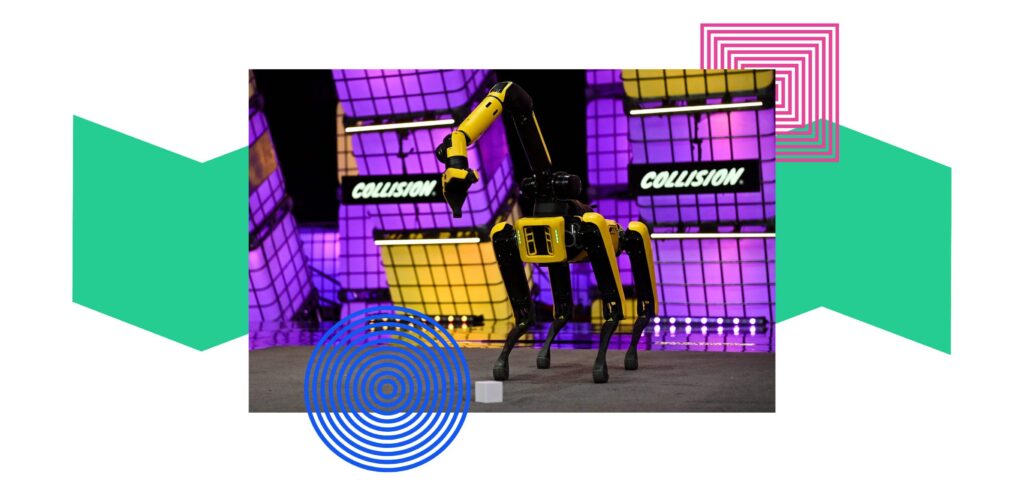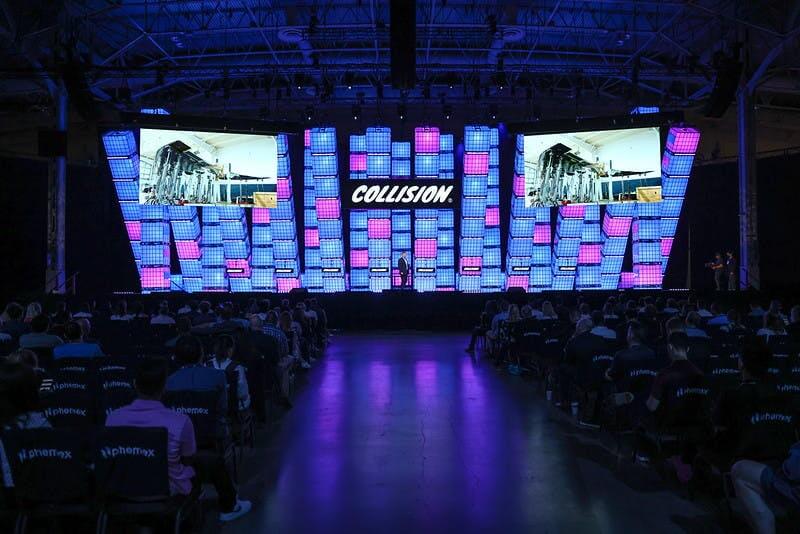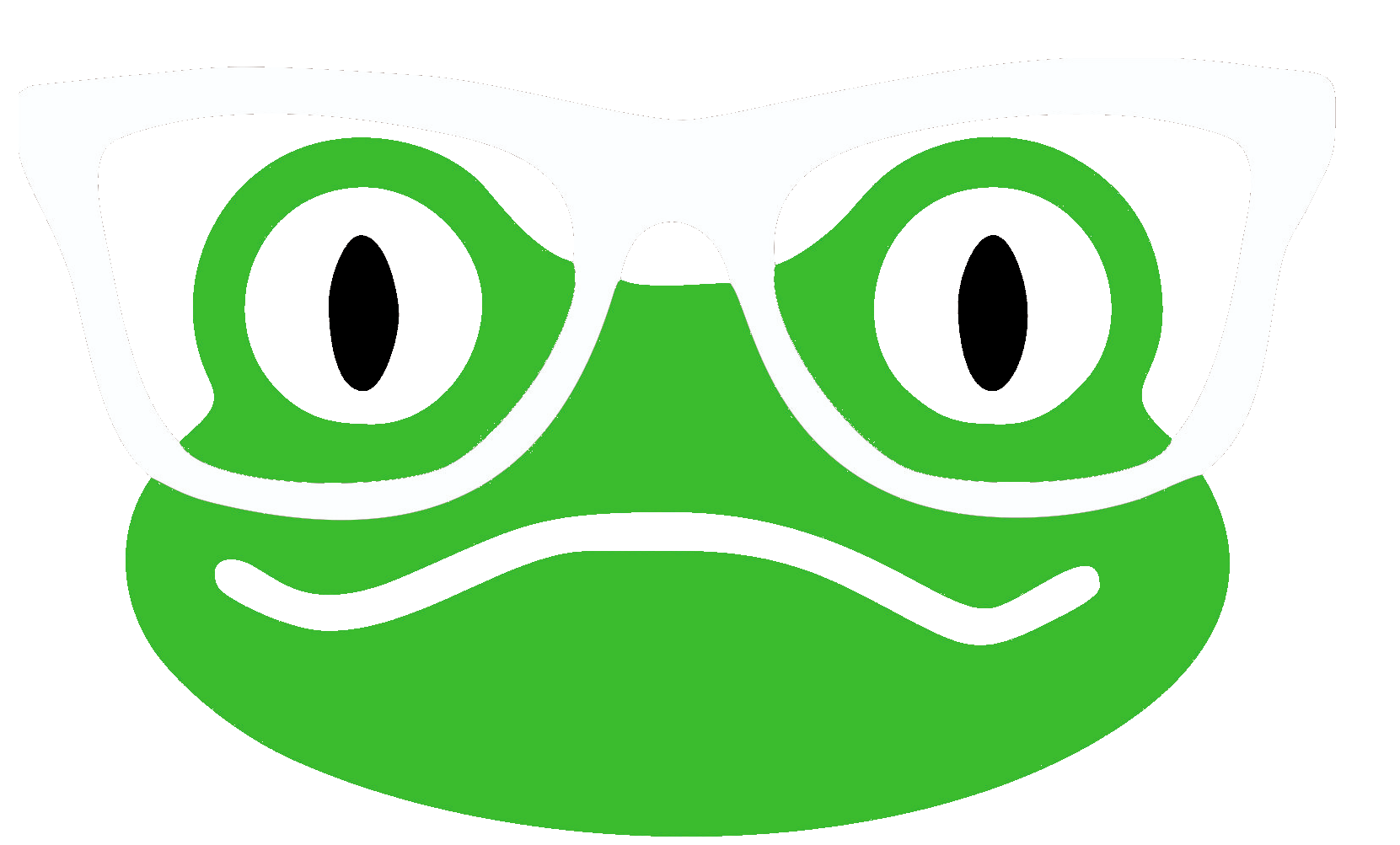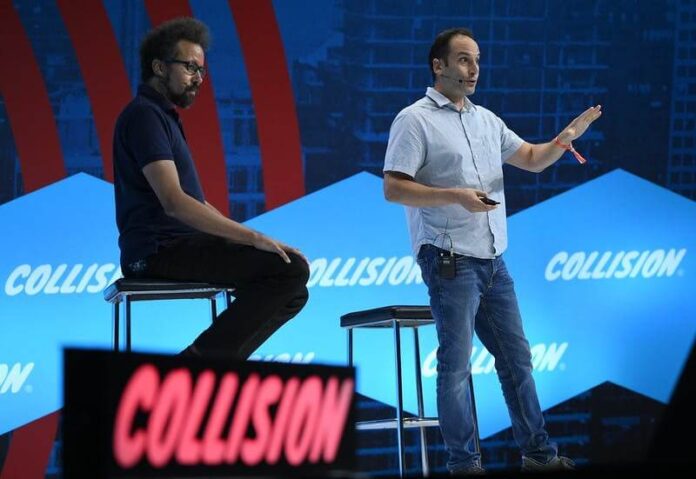More than 35,000 attendants from 130 countries and 1,557 startups participated in the tech conference.
After two years of online events, Collision, also called “the stunning future of tech conferences,” returned in-person to Toronto’s Enercare Centre and attracted thousands of professionals from the tech and business world.
The 35,562 attendants who participated in Collision had the chance to meet in person entrepreneurs from 1,557 innovative startups, robot dogs, exploding kittens, NFT artists, investors, and Collision’s global partners, including Snap, Google Cloud, TikTok, AWS, RBC, Siemens, KPMG, CAE, Interac, and Crypto.com.
The future of robotics
At Collision, Boston Dynamics CEO Robert Playter talked about the future of robotics, having “Spot” as his company, one of the most famous robot dogs.
“When we see a robot that moves like an animal, we get confused. Our evolved brain sees a robot, but our lizard brain can’t see past an animal. So, we knew we had to make our robots move like us,” said Robert, who shared some of his thoughts on how robots should look and behave.

AI to meet your digital twin
Carmelo Anthony, NBA All-Star and entrepreneur, came face-to-face with a digital version of himself at Collision.
In collaboration with AI developers Soul Machines, this project copied Carmelo’s likeness and mannerisms and developed an AI framework to fit it: Digital Melo.
“It’s an honor to meet my digital twin,” said Carmelo, who chatted with his digital twin about themselves. “We’re just getting started. We’re at the very beginning. We haven’t even taken off yet,” said Carmelo when asked about plans for Digital Melo and the use of this type of AI technology.
A high level of stigma around NFTs
“There’s a high level of stigma around NFTs,” said Aleeza Jahan, a TKS Innovator with the Knowledge Society. “A lot of mainstream media coverage is very much centered around digital art, which is just a digital asset. There are so many different applications to this.”
Aleeza and her co-presenter, Anya Singh, demonstrated on stage how easy it is to create an NFT using an audience selfie.
“What’s put on the internet – what’s very accessible to people – doesn’t have as much utility in the real world. I think that’s a barrier to adoption and contributes to the stigma around NFTs in general,” Aleeza said. “Nobody wants an NFT that does absolutely nothing.” They also explained how this technology could have more profound uses, including incentivizing education or detecting counterfeit medication – areas they are both involved in.

The key to crowdfunding
Exploding Kittens co-creator and CEO Elan Lee talked about his unusual game and shared his innovative way to crowdfund for his project.
How do you raise $3 million in seven hours for a board game no one has ever heard of, let alone played? Elan said the trick is to forget the funding part and “play with the audience.”
“On Kickstarter, everyone measures how much money you made; how fast did you make it. We ignored the funding part, and we raised $10,000 in just 10 minutes, $1 million in the first seven hours, and, by the next day, $3 million.”
How did they do it? They got Kickstarter users to send real-life photos of their ‘beard cat’ playing card. Soon, they were setting challenges, including taking a photo of 10 Batman in a bathtub.
“Did it work? The answer is, ‘Hell yes, it did work!’,” said Elan. “We talk about engineered virality. We know how to get that by data analytics … but our approach was ‘What would surprise and delight us?’.”

The challenges of misinformation
AP executive editor Julie Pace and Vox editor-in-chief Swati Sharma sat down with Yahoo News’s Michael Isikoff and discussed the current challenges of misinformation and addressed the media’s responsibility.
“It’s one thing to say, ‘this is false.’ It’s another thing to help walk people through what is the truth,” said Julie.
On the other hand, Swati expressed the belief that journalists need to be more transparent about what biases they bring to their reporting, saying, “how you admit when you’re wrong, how you admit you have some sort of bias. I think that’s a really big part of building trust with people”. As Julie pointed out, “there is misinformation that comes from all sides and all corners, and it’s not always the purview of one party.”
Saving the planet
Climate Cardinals founder Sophia Kianni, GGV Capital managing partner Hans Tung and Rainforest Connection CEO Bourhan Yassin participated at Collision 2022 and spoke about climate change and the current crucial environmental issues while also discussing whether tech giants can save the planet.
Kianni reported that, while 75 percent of the world doesn’t speak English, 85 percent of all scientific literature (on every topic) is only available in English. According to Kianni, “the majority of people on our planet are unable to understand the documents and agreements being issued by [the UN].”
While Climate Cardinals is already having an impact in the communities it’s working within, Kianni noted that this could go much further: “If a group of ragtag teenagers that congregated through the power of social media could do this work, imagine the impact of a concentrated effort by governments, people in the tech space, policymakers, scientists.”

Collision 2023
“If you don’t stand for something, you’ll fall for anything,” said the Brampton Batman, who made his appearance on stage at the end of the tech event and took to Collision’s Q&A stage to share his wisdom for budding founders.
Collision returns to Toronto’s Enercare Centre from June 26-29, 2023. It will feature sessions that gather tech experts, cultural icons, and global policymakers, as well as interactive Q&As, masterclasses, roundtables, and speaker experiences.



